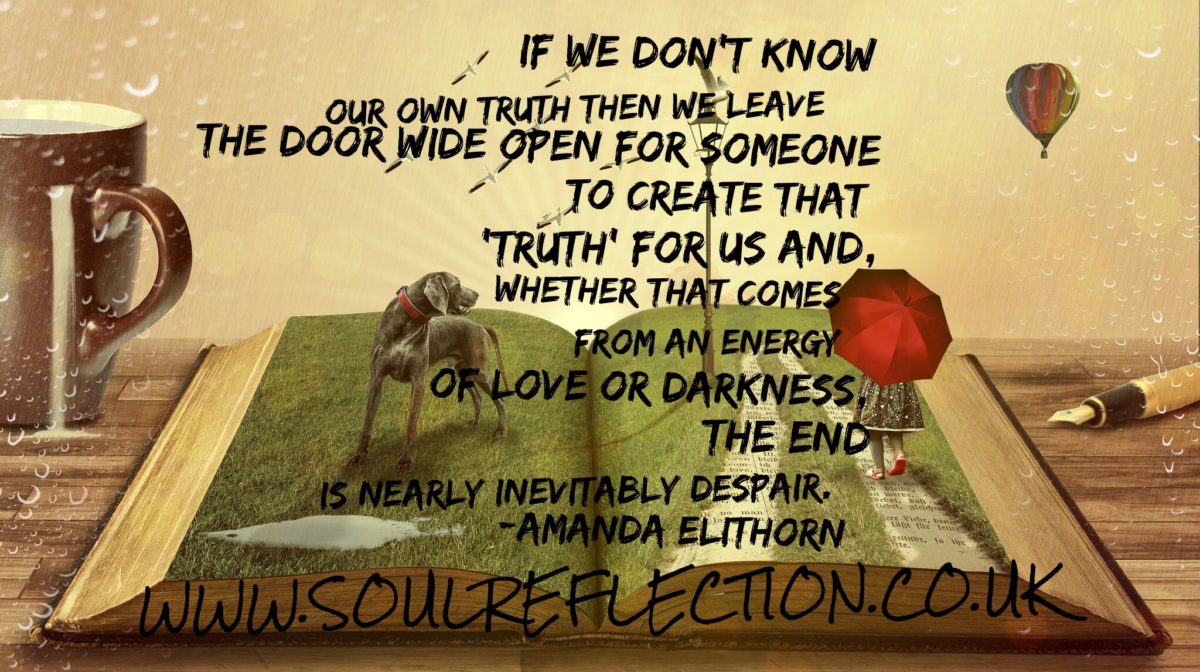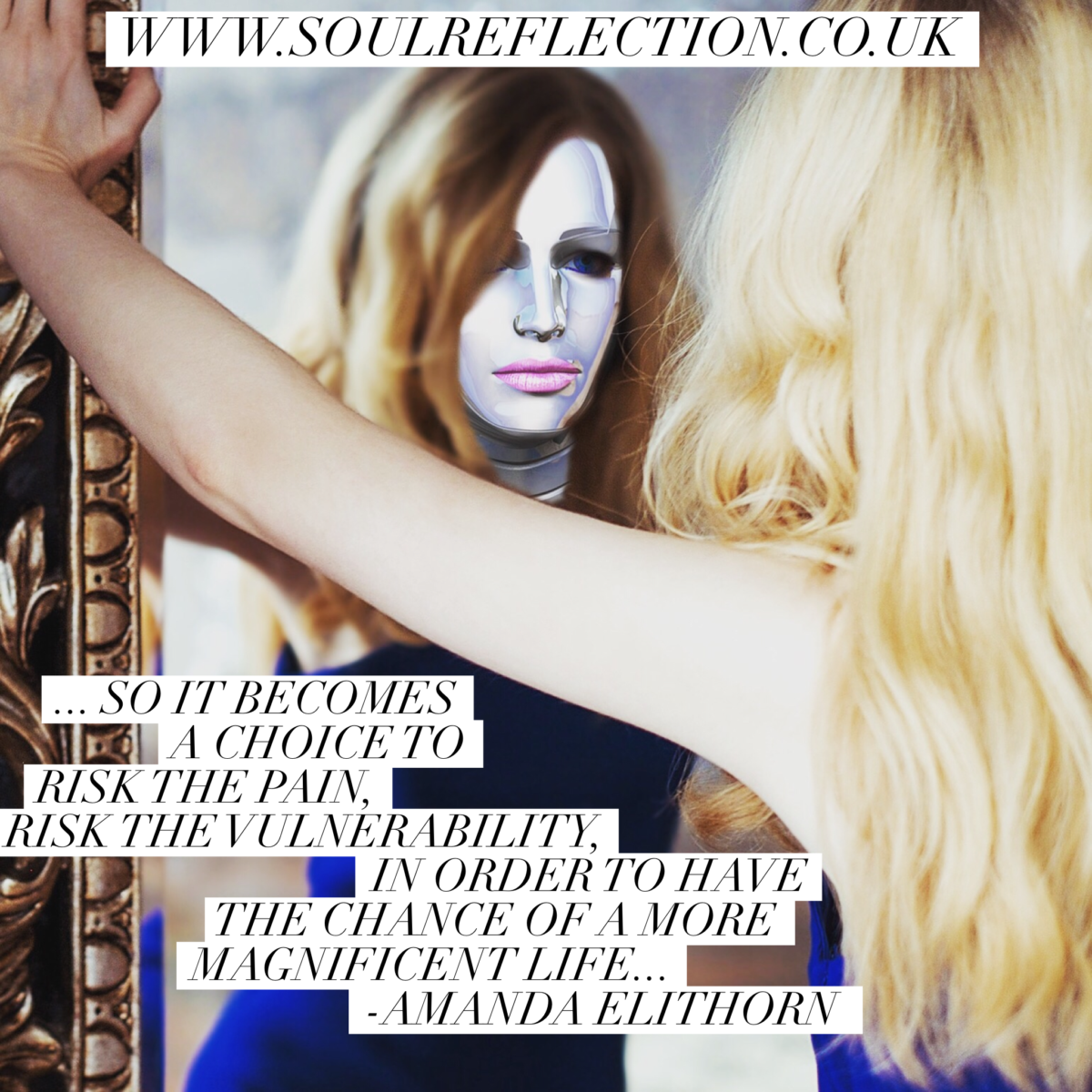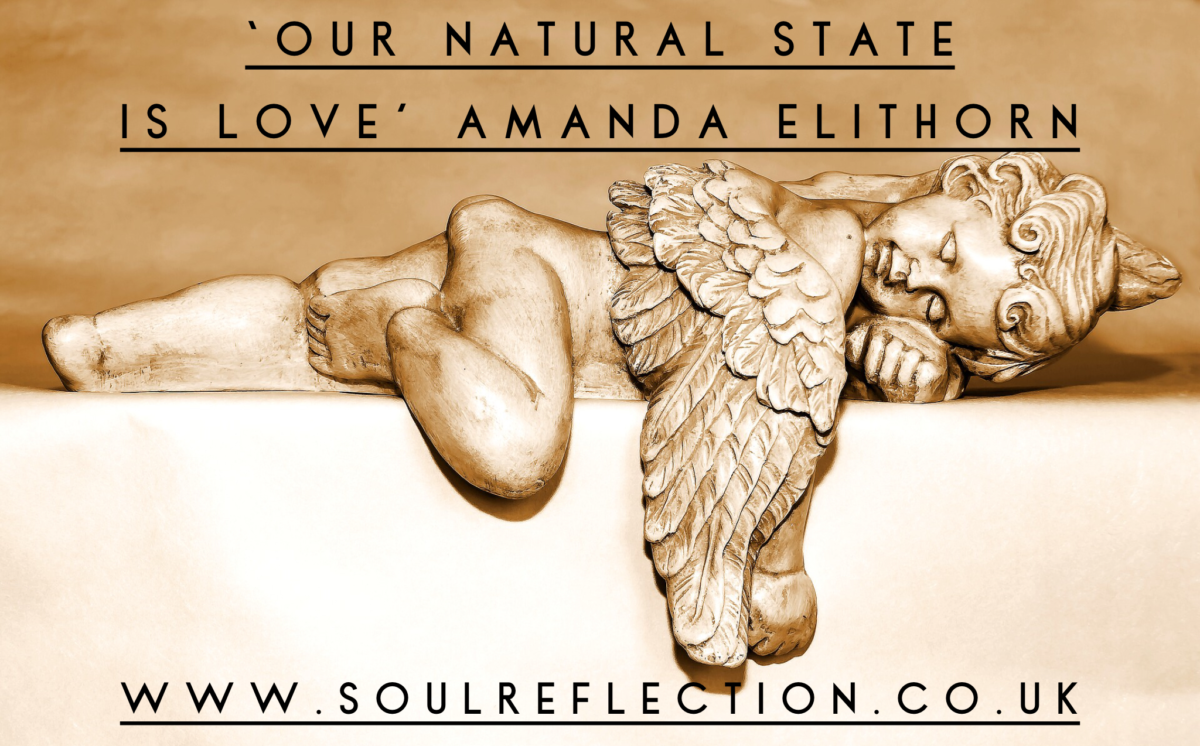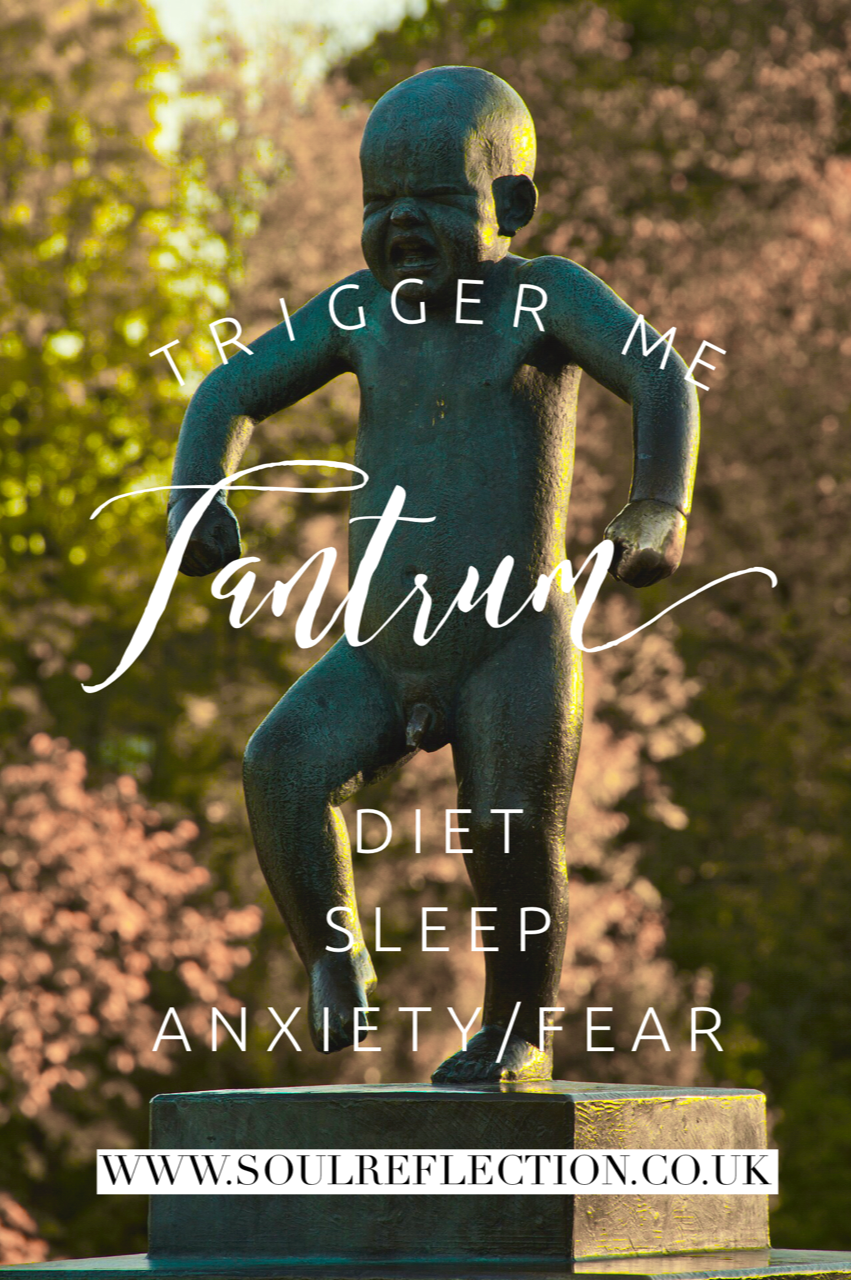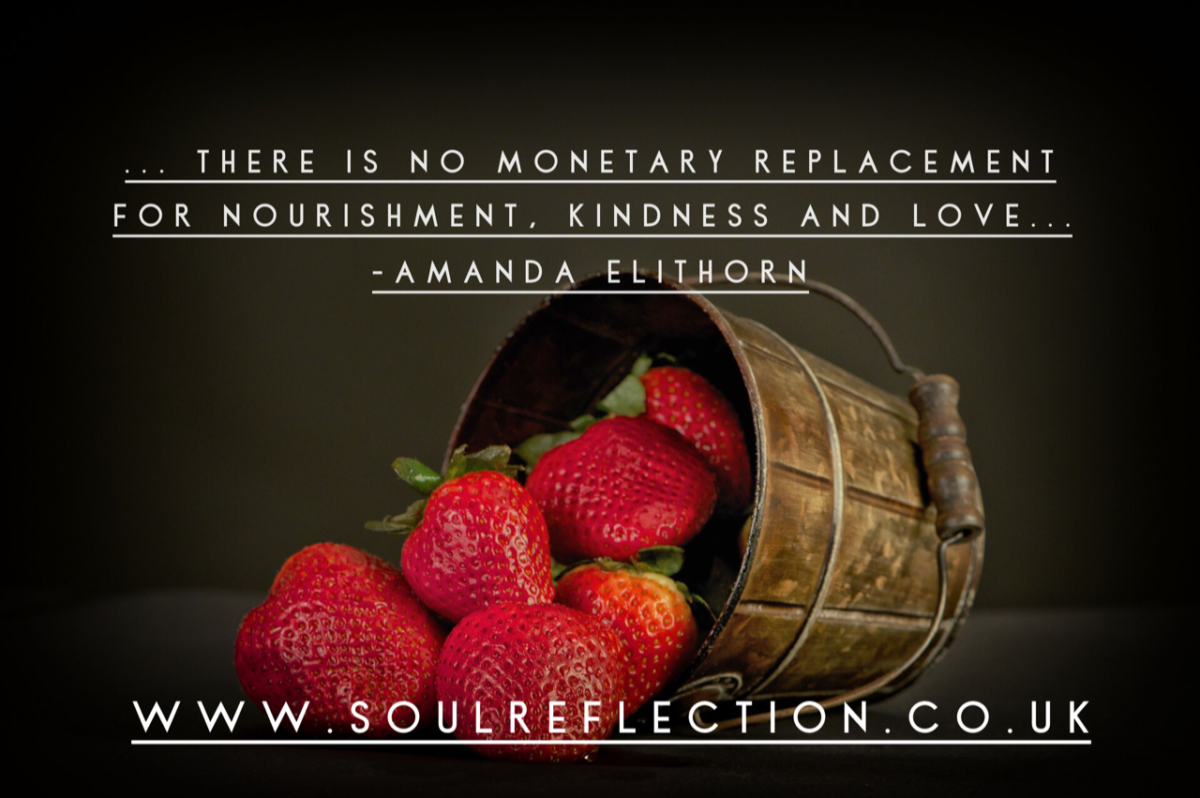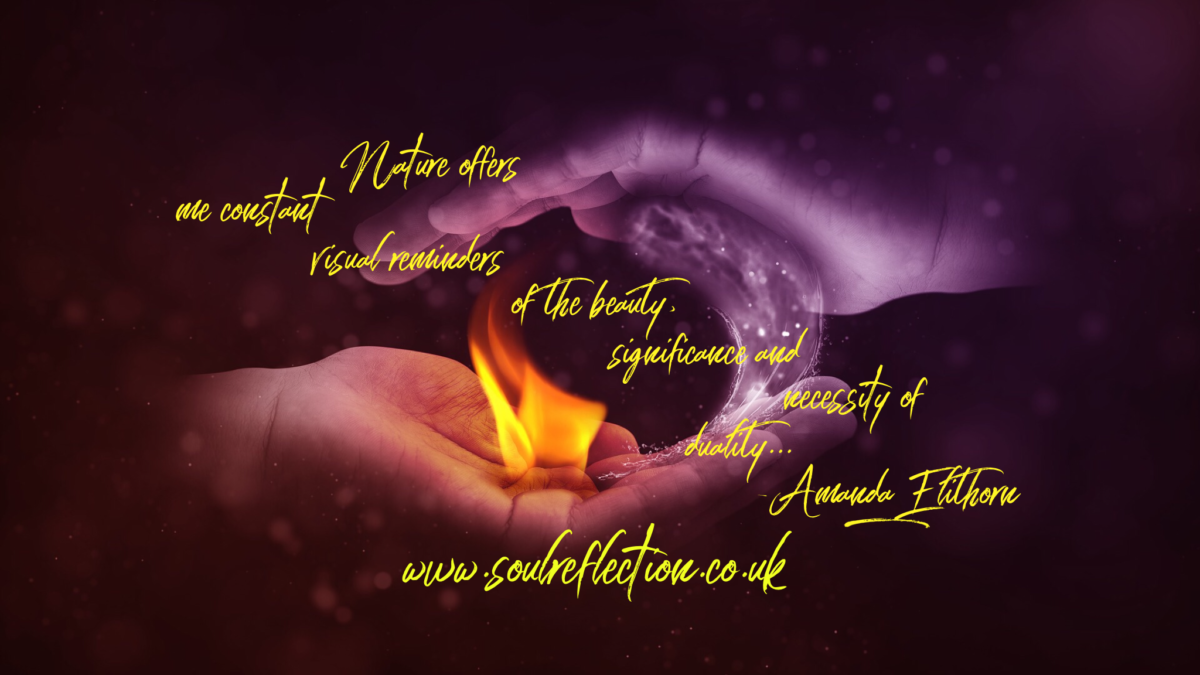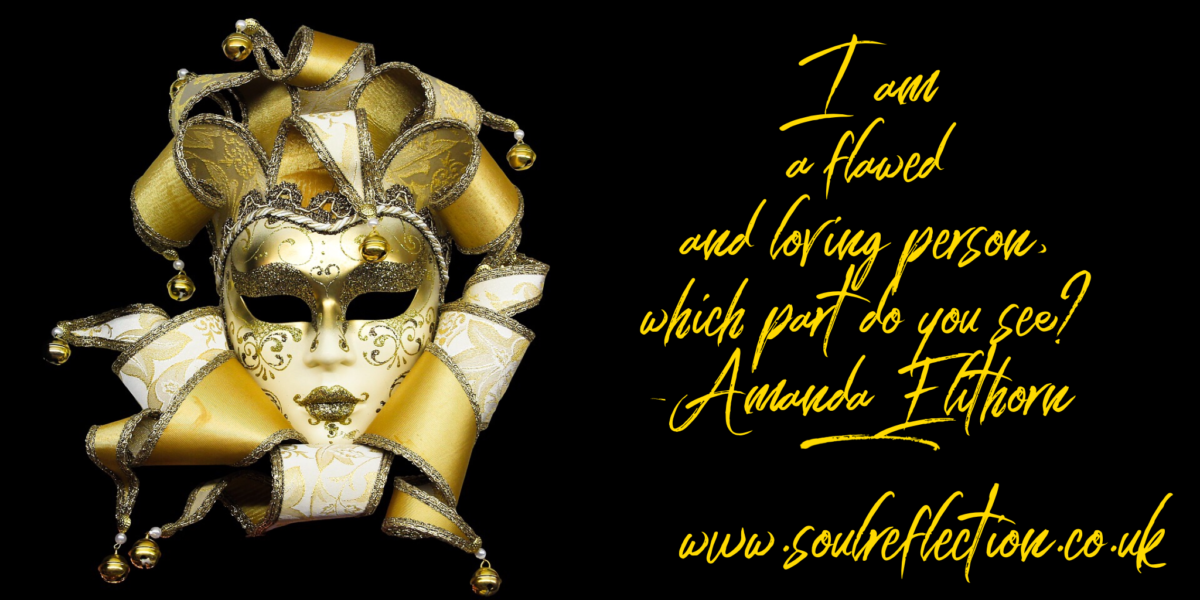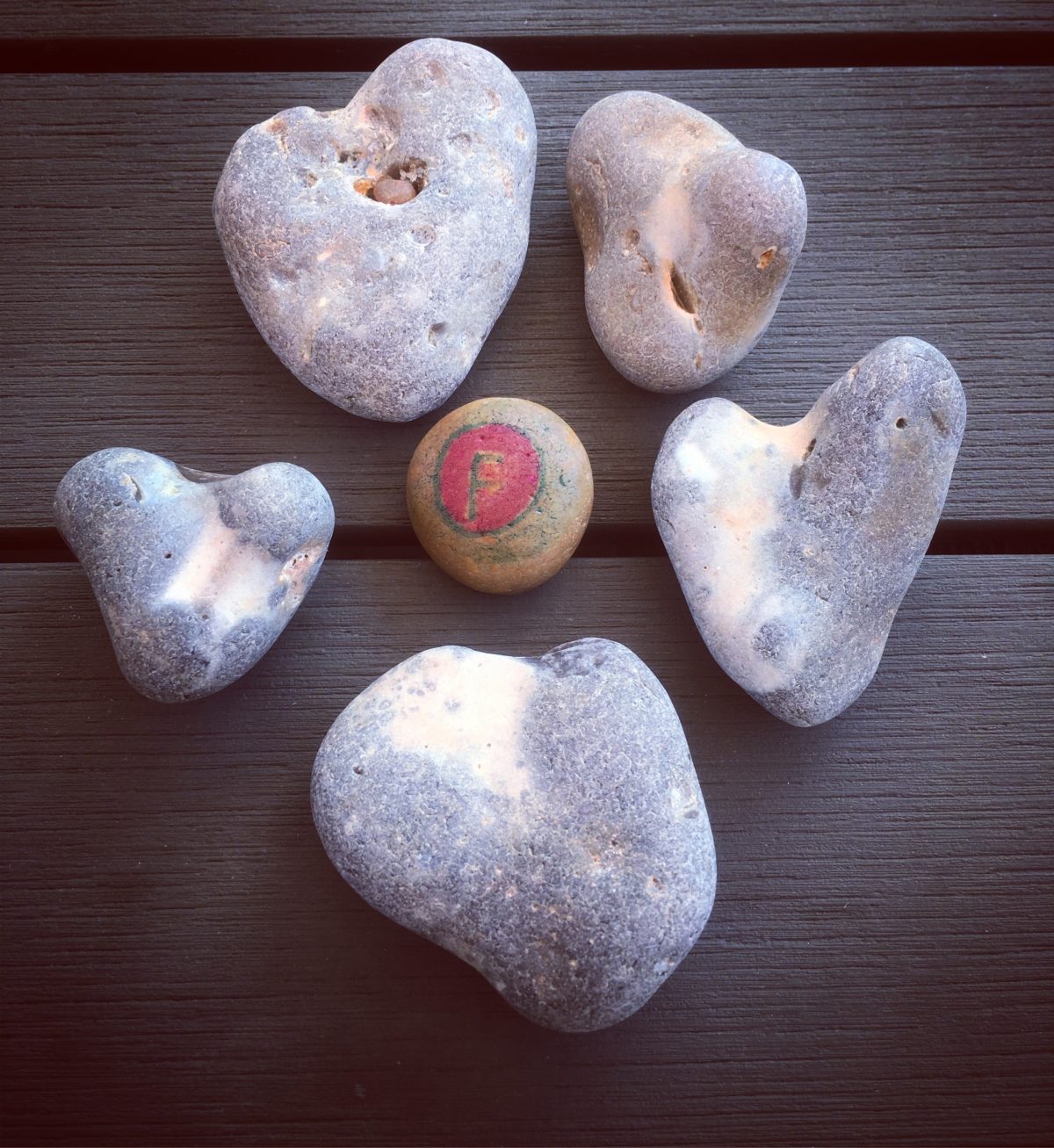I have just finished the first series of ‘The Sinner’ staring Jessica Biel and I was utterly triggered, re-traumatised and mesmerised by the storyline and intense portrayal by Biel. Her portrait of a young woman, innocent to the manipulations of darkness and yet cognizant of the power of her sexuality, resonated deeply with me and, with it, compassion, shame and sadness for my own young woman.
The story is multi layered with the explorations of characters swinging across the pendulum of shadow life, but to me there was one powerful theme that struck home hard.
Know Thyself.
Side stepping for a moment, there is a phrase I use with my kids frequently when they are struggling with hearing another persons perspective on their own story. I remind them to ‘know your own truth’. In their terms this often relates to incidents where their friends have colourful versions of events perhaps placing blame in unfair quarters, this is the phrase I whisper to them as they struggle with their righteous anger when their characters are being maligned.
It has felt important to me to equip them with this knowledge; that we cannot control another person’s opinion or perception but can only remind ourselves of what is true to us and our own soul and values.
Watching ‘The Sinner’ I saw with perfect clarity how Biel’s character became entangled in a deeply toxic relationship from that simple place of unknowing. She did not know who she was, or even who she wanted to be, she was wide open to another’s interpretation of her and followed blindly down a path of self destruction based on the power of someone else’s opinion.
I remember that vulnerability so clearly. Flashbacks of short lived love affairs and countless first dates. As a most innocent example, I recall being obsessed with one man when I was 17 who finally finally finally asked me out and then I had absolutely nothing to offer him in conversation because I had no value in my own story. It is an excruciating memory and a salutary lesson.
The more painful picture was that I was easily able to capture a partner by primal sexual fever but I could not sustain a relationship because I offered only a veneer of personality entirely created by what I thought they wanted. There was no part of me that believed my true self had anything to offer and worse than that I didn’t even know what my true self was. Was I witty, sassy, smart, ditzy, fierce, gentle, interesting, boring? A bit of everything?
Julia Robert’s in Runaway Bride was a more lighthearted versions of Biel’s trauma; but she too evolved through her partners rather than herself, at the end making eggs numerous different ways to see what was her true favourite, previously being whatever her partner’s was.
At the darkest edge of this all is the possibility of where one might be led. I was taken to places by family, friends and lovers that deeply hurt my soul and spirit, that have left scars and also golden lessons, but that I don’t wish for anyone else to experience. I have believed the truth of myself that has come from other’s mouths and I have thought myself to be the worst type of human, the most unworthy and the most unlovable. It has taken decades to unravel my truth from theirs.
I am writing this from the female perspective but, in this time of gender dysphoria, this is truly an issue that is gender neutral. It is of critical importance for every human to be in deep and loving connection with their own soul.
If we don’t know our own truth then we leave the door wide open for someone to create that ‘truth’ for us and whether that comes from an energy of love or darkness, the end is nearly inevitably despair.
Whether we are gifted it from a healthy childhood or have to spend the rest of our life exploring it, knowing ourselves is the key to our personal treasure box of happiness and a vital piece of our healing.

